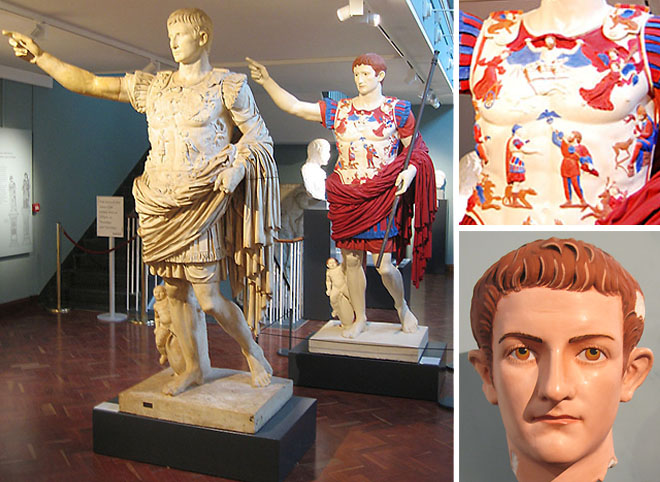My new job brought a lot of transitions: new school, new students (in new age levels), new city, new social life, and new threats from natural disasters (I am lucky to have survived Irma so well). Now that I am getting more settled in Jacksonville, I want to get back into the blogging habit and … Continue reading More games in the classroom
Category: Cultural Days or Literature in Translation Classes
Who drives your classes?
My recent silence in the blogosphere is a reflection of moving to a new school and attempting to shift my pedagogical mindset. I will be starting, this fall, at the Episcopal School of Jacksonville, which has a great reputation and many qualities that encourage a great educational experience. It also has several qualities, like easy … Continue reading Who drives your classes?
Rules for Discussion
While researching for my recent post about politics in the classroom, I came across this excellent quotation: "If children become accustomed to discussing their differences in a rational way in the primary years, they are more likely to accept it as normal in their adolescence. Citizenship education helps equip young people to deal with situations … Continue reading Rules for Discussion
The Importance of Historiography
According to Bond, the Greeks and Romans of antiquity did not classify people as “white,” and many of the classical marble sculptures, sarcophagi, and steles from the Mediterranean were originally painted—frequently in gold, red, green, black, white, and brown. As the pigments deteriorated over time, art historians, including Johann Joachim Winckelmann—an eighteenth-century scholar considered by … Continue reading The Importance of Historiography
Effectively Using Theoretical Models
At the beginning of the spring semester, I wrote that my courses will be more focused around themes and theoretical models. One of my friends responded on facebook: Love this! Can't wait to hear how your semester goes. I've also struggled with getting theory into my classes (particularly my archaeology classes). I have a bad … Continue reading Effectively Using Theoretical Models
Narrative, Cause/Effect, or Question of the Day: A tension in lesson planning
In a recent post, I shared some of the lessons that I learned while teaching world history this semester. I also gained insight into another tension that I've always confronted while teaching a history lesson: do I tell a story or do I answer a research question? Strayer's Ways of the World was enlightening because he … Continue reading Narrative, Cause/Effect, or Question of the Day: A tension in lesson planning
Anachronism and site formation processes
Here's a cool blog post from res gerendae that discusses anachronism in a Lego model of Pompeii: https://resgerendae.wordpress.com/2016/10/13/lego-pompeii/
Ancient Slavery, a lesson plan
In a recent post, I commented on a difference between ancient slavery and the modern, American antebellum slavery: racism. Race was not a major factor in ancient slavery. But, how do we convince students of that? This semester, in Roman history, I spent an entire day on Roman slavery and the growth of slavery during the Late Republic, … Continue reading Ancient Slavery, a lesson plan
How teaching World History will change my classes on the ancient world
This semester, I have had the pleasure of team-teaching modern World History with a Middle Eastern historian. The experience emphasized for me that there are likely certain differences between the ancient world and the modern world, and I want to learn more about these issues. I also think these differences are often overlooked by our students in Latin … Continue reading How teaching World History will change my classes on the ancient world
The Importance of Teaching Late Antiquity
This year, I have taught several ancient history or archaeology courses that end in the eighth century CE instead of with the rise of Constantine or somewhere in the fourth century. Admittedly, my class periods on Late Antiquity cover a lot of time quickly, but I still think that it is important we include Late Antiquity … Continue reading The Importance of Teaching Late Antiquity
